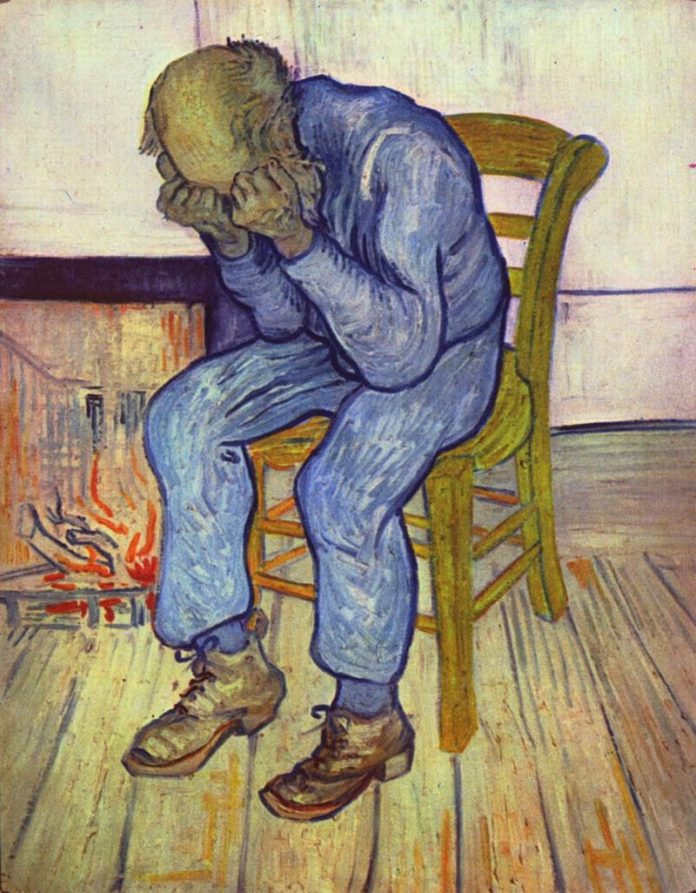Study says insufficient evidence behind purported role of anti-depressants in fertility
There is scant evidence that anti-depressants affect fertility.
Selective serotonin-reuptake inhibitors (SSRIs) – the most widely used class of antidepressants – have an adverse impact on fertility, is not backed by evidence according to a paper in the Harvard Review of Psychiatry.
The journal is published in the Lippincott portfolio by Wolters Kluwer.
“There is insufficient evidence at present to propose that SSRIs reduce fertility or influence infertility-treatment outcomes,” concludes the study by Christie Sylvester, MD, and colleagues of the world. “SSRIs may have an adverse impact on sperm quality, but further research is warranted.”
Associations between depression, antidepressants, and infertility are complex – mental illness is linked to many psychosocial and lifestyle factors that may affect fertility, including smoking, obesity, and alcohol/drug
Affecting about one in six American couples, infertility has been linked to increased rates of psychological distress and depressive symptoms. Studies have estimated that four to eleven percent of women undergoing in vitro fertilization (IVF) are taking SSRIs at the time of treatment.
While many studies have explored the effects of SSRIs on pregnancy and fetal outcomes, less is known about how these drugs affect fertility or the outcomes of infertility treatment. To address this issue, Dr. Sylvester and colleagues reviewed and analyzed the findings of 16 previous studies of the association between SSRIs and fertility and infertility-treatment outcomes.
Seven studies evaluated the impact of antidepressants in couples receiving infertility treatment – most commonly measured by the success rate of IVF treatment. Six of the studies found no significant association between SSRIs and infertility-treatment outcomes.
Three studies showed possible trends toward a lower probability of pregnancy per IVF cycle or reduced fertility biomarkers in women taking SSRIs. In one study, SSRIs were associated with increased pregnancy rates.
Just two studies looked at the effects of SSRIs in fertile women, with conflicting results. One study suggested a lower probability of conception in women who had depressive symptoms, but not in those taking antidepressants.
Seven studies looked at male fertility and SSRIs. Of these, six found that SSRIs negatively affected semen parameters and sperm quality. But the authors note that this group of studies had some significant limitations, such as not accounting for the effects of depressive symptoms.
“In reproductive-age men and in couples trying to conceive, a discussion regarding the possible effects of SSRIs on sperm and fertility may be warranted,” Dr. Sylvester and coauthors write. They emphasize that the associations between depression, antidepressants, and infertility are complex – mental illness is linked to many psychosocial and lifestyle factors that may affect fertility, including smoking, obesity, and alcohol/drug use. Further studies in fertile men and women and in couples seeking treatment for infertility will be needed to clarify the possible effects of SSRIs on fertility and conception rates.


